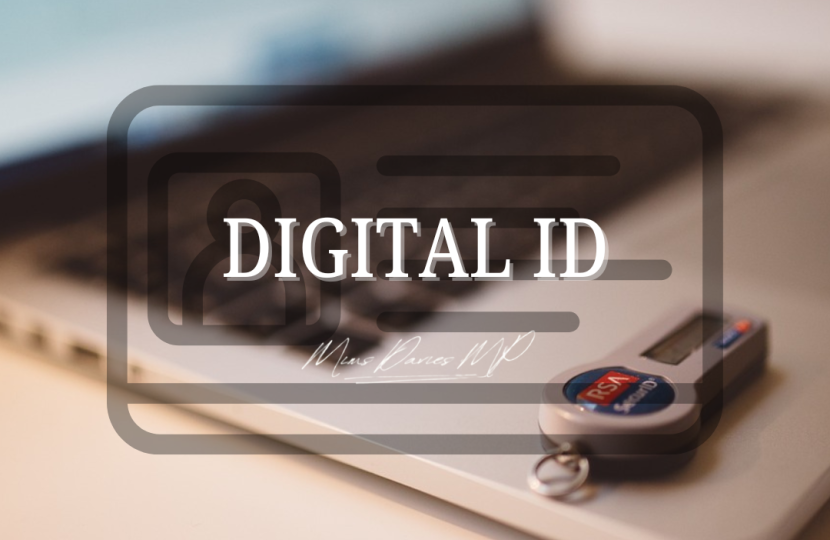
The previous Labour Government introduced identity cards under the Identity Cards Act 2006. This legislation provided the legal basis for the cards as well as for a national identity register.
The Coalition Government abolished identity cards in 2010. ID cards ceased to be a legal form of documentation in 2011 and all data on the national identity register has been destroyed.
I believe that the introduction of identity cards would be detrimental to individual liberty and note that this significant measure was not contained in the Government's manifesto at the last election.
However, I understand that the Government Digital Service is developing, in collaboration with other government departments, a voluntary digital identity verification service which will give people the option to create and reuse digital identities.
This system was put forward with the intention to not infringe on people's freedoms. It will not be compulsory and does not include any proposal to create either a digital or physical ID card.
Known as GOV.UK One Login, the idea of the service is to make it easier for people to find and access government services, allow users to prove their identity online, protect the privacy of users, and reduces identity fraud and theft. It also enables public bodies to share a wider range of specified data than is currently possible. This further benefits individuals and households by improving digital inclusion and reducing the burden on individuals of providing the same information to different public authorities many times.
To successfully deliver this service, participating public authorities will need to be able to check and share several types of government-held personal data with the identity verification service to allow users to prove who they say they are. It is critical that all data sharing is compliant with existing data protection legislation and that guidance is published by the Information Commissioner’s Office to maintain trust in the system.
The rules and requirements within the service's framework provide protections and reassurance that are vital if digital identities are to be trusted. I believe that the Government has plans to test the trust framework, and the feedback will be used to improve this framework. Looking forward, there will need to be a robust accreditation and certification process, enabling organisations to prove that they follow the rules of the trust framework. Organisations who have been certified against the trust framework and agreed to be subject to governance will be given a trust mark as a visible sign of their trustworthiness.
As it stands having a GOV.UK One Login account will not be mandatory. Offline and face-to-face routes will still be available for individuals who do not want to use the online service. The previous proposed a voluntary framework in the belief that using digital identity has many advantages, and those will become greater as the technology improves.
However, I am clear there should be no compulsory or mandatory element to the use of digital identity.




